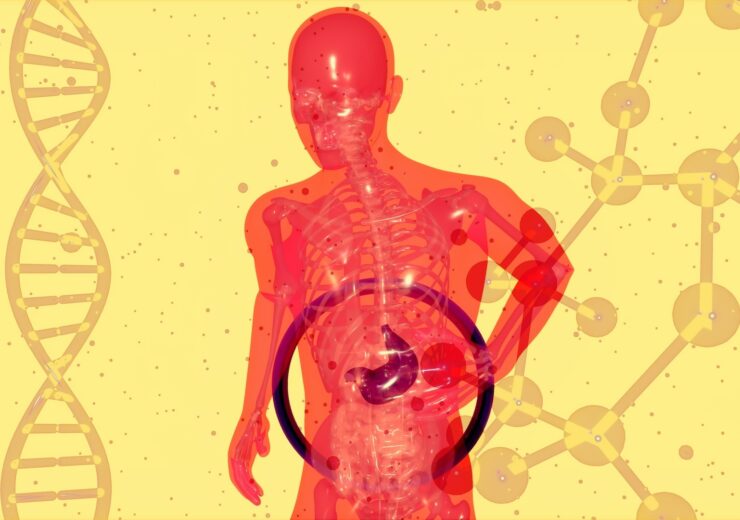The cfDNA test is a blood-based detection test that uses advanced genomic technology for early diagnosis of hepatocellular carcinoma, the most common form of liver cancer

China’s NMPA clears LAMH’s cfDNA liver cancer detection test. (Credit: julien Tromeur on Unsplash)
US-based Helio Genomics said that its sister company, Laboratory for Advanced Medicine & Health Group (LAMH), has secured approval from China’s National Medical Products Administration (NMPA) for its cfDNA liver cancer detection test.
The cfDNA test is a blood-based detection test that uses advanced genomic technology for early diagnosis of hepatocellular carcinoma, the most common type of liver cancer.
The test is said to be the first liver cancer liquid biopsy test approved by the NMPA.
LAMH’s test has been developed by modifying the HelioLiver test by the same core scientific team and makes use of Helio Genomics’ intellectual property portfolio.
Helio Genomics, a cancer detection tests provider, said that the genetic makeup of the Asia-Pacific population has been considered in the development of the solution.
The NMPA approval attests to the product’s compliance with regulatory standards and acknowledges its ability to address major healthcare issues faced by the people in China, said Helio Genomics.
The cfDNA test differs from traditional methods as it caters precisely to the genetic variants that are common in the Asia-Pacific area, the diagnostic solutions provider said. LAMH intends to transform patient care and improve liver cancer surveillance in China by customising the product as per the local people.
Helio Genomics CEO Justin Chen Li said: “This significant milestone represents the culmination of years of dedicated research and development by our exceptional scientific team.
“LAMH’s success in gaining regulatory approval in China reinforces our commitment to improving healthcare outcomes for diverse populations worldwide.”
To ensure smooth integration and the widest possible distribution of its product, LAMH plans to work in conjunction with healthcare organisations, medical institutions, and other organisations in China.
Helio Genomics chief scientific officer David Taggart said: “Our team has worked tirelessly to develop a solution that combines our scientific expertise, cutting-edge technology, and a deep understanding of the genetic diversity in the Asia-Pacific region.
“We believe this approval will have a profound impact on patient outcomes by enabling the detection of liver cancers at an earlier stage, when curative treatment is more likely.”
